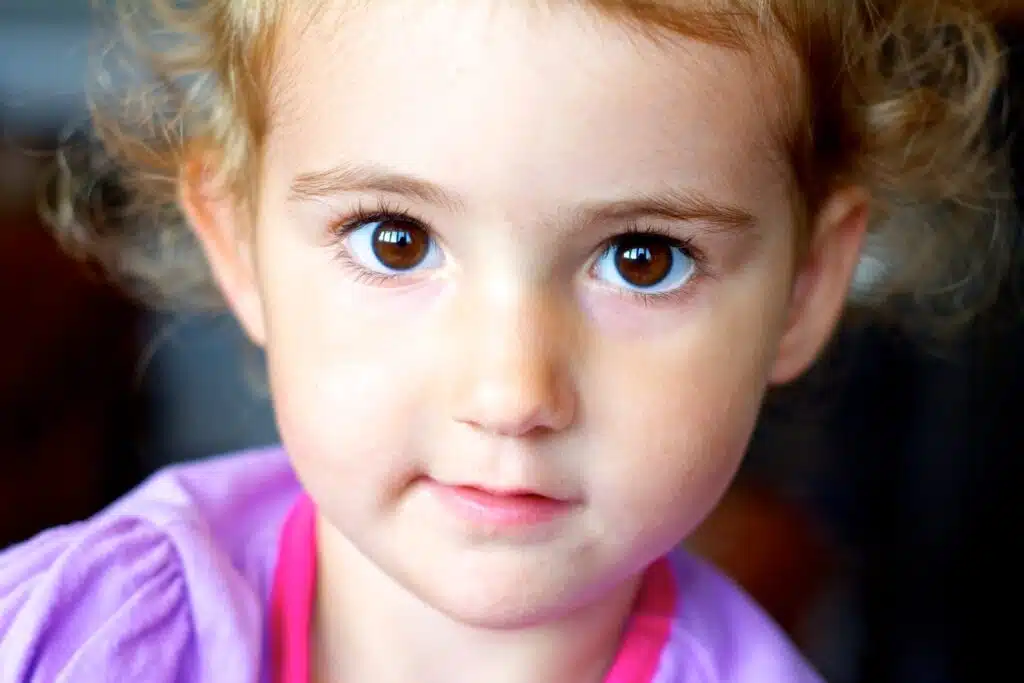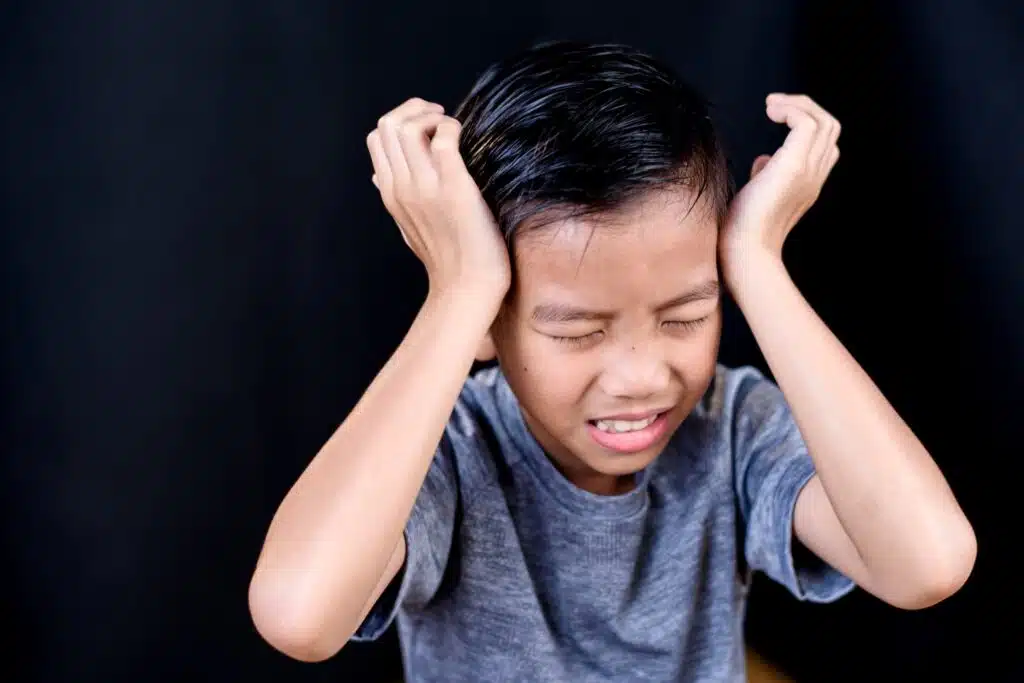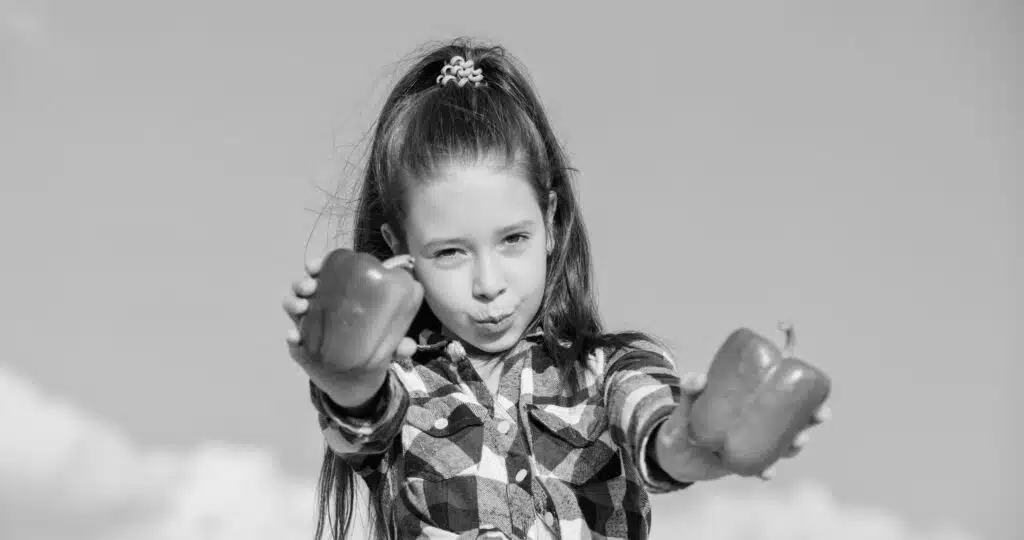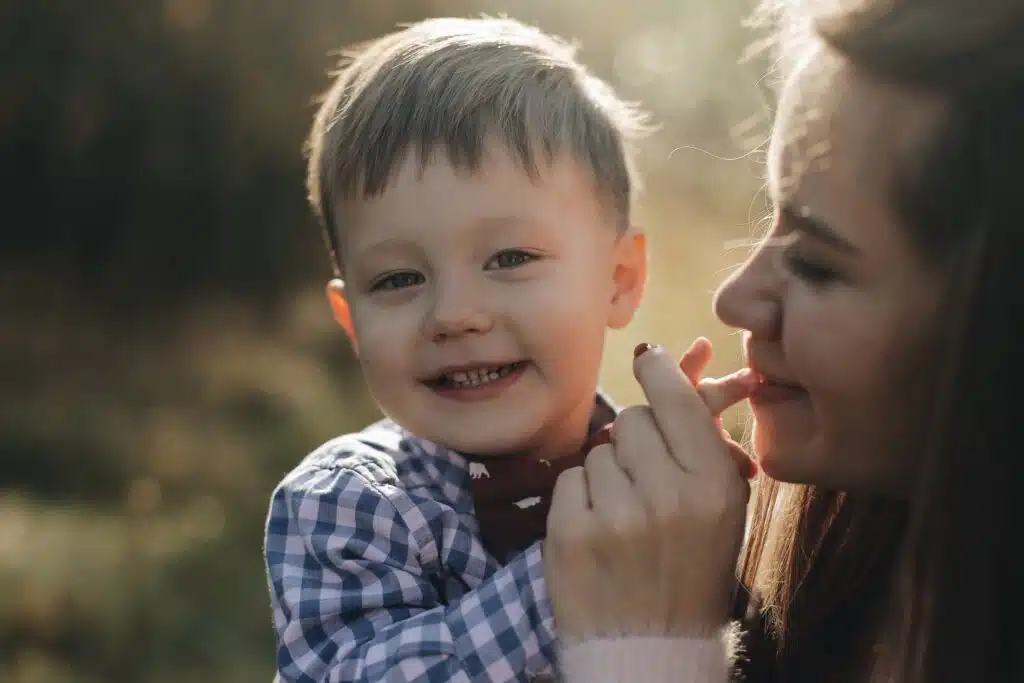Autism Spectrum Disorder, or ASD, is a lifelong developmental condition that can impact the way people learn, interact with others, and communicate. In recent years, there has been more awareness raised about the condition and more people better understand what autism is due to early detection and intervention. If you are concerned about your child, look out for these seven symptoms.
1. Delayed Speech and Language Skills

Typically, one of the earliest signs of autism is a speech delay. Children should be babbling by 12 months and using single words by 16 months. By the age of two, they should be using two-word phrases. It may be a cause for concern if your child is not meeting these milestones.
Speak with your pediatrician if you are worried about your child’s speech and language development. Early intervention can help improve their communication skills. Your doctor may refer you to a speech therapist to assist in developing these essential skills.
2. Limited Eye Contact

Another early indicator of autism is limited eye contact. A child with autism might avoid eye contact and may not look at people when they are being spoken to. It is also common for them not to follow objects with their eyes.
This plays into social interaction. Eye contact is a fundamental way people interact with each other. Without it, it can be hard to establish relationships with others. Again, speak to a professional about your concerns if you notice your child isn’t making eye contact.
3. Repetitive Behaviors

If you notice your child repeating certain behaviors, it could also be an early sign of autism. Some of these behaviors include hand-flapping, spinning, or rocking. Oftentimes, they are using these actions to soothe themselves, but it stops them from engaging in regular activities.
You may also notice that your child insists on strict routines and rituals, which can also be comforting. However, they could potentially prevent them from new experiences and interactions. Introducing occupational therapy early can help manage these behaviors and encourage them to be more flexible in their routine.
4. Difficulty with Social Interactions

Autistic children may also have trouble interacting with others. Some red flags include not responding to their name, avoiding play with other kids, or needing help to understand social cues. Having these difficulties can make it hard for them to form relationships with kids their age and participate in group activities.
Looking into early socialization opportunities, such as play groups or other structured activities can help support their development.
5. Sensory Sensitivities

Sensory sensitivities are another common sign of autism. Your child might have a heightened or diminished sensitivity to certain stimuli. Some kids might be overly sensitive to loud sounds, certain smells, or textures. Others might seek out sensory experiences in different, unusual ways.
Having these sensitivities can impact their day-to-day life. Your pediatrician might suggest sensory integration therapy to help manage their sensitivities and improve their ability to cope with different sensory issues.
6. Unusual Interests or Fixations

You might notice that your child has an intense interest in specific topics or objects. This can be an early sign of autism and can limit their experiences with other activities. Their favorite topics or toys can be a source of joy and learning, but it is important to encourage your child to dive into a wider range of activities.
Try introducing new interests gradually and find ways to connect their current fixations to other activities. You can also bring this up with their doctor and discuss how occupational therapy might help them.
7. Resistance to Change

If you notice your child has a general resistance to change and a preference for strict routines, you might want to bring it up with their pediatrician. This is another common symptom of kids with autism. Oftentimes, kids with ASD become distraught when their routine is changed in any way. They might also become upset if they are introduced to new environments or activities.
Generally, their resistance to change will make transitions and new experiences difficult. By creating a predictable environment for your child and sufficiently preparing them for changes, you can help reduce their anxiety surrounding new experiences. You can do this by introducing visual schedules and social stories to assist them in understanding and coping with changes.
Early Detection is Key

Thankfully, we live in a world where we know a lot more about the autism spectrum. Early detection and intervention can help you provide your child with the support they need to really thrive.
Remember, none of these symptoms are a tell-tale sign that your child is autistic. Only a professional can provide a diagnosis. You know your child. Trust your instincts and seek help from a professional if you are concerned about their development. Being proactive can help you ensure your child gets the care they need.